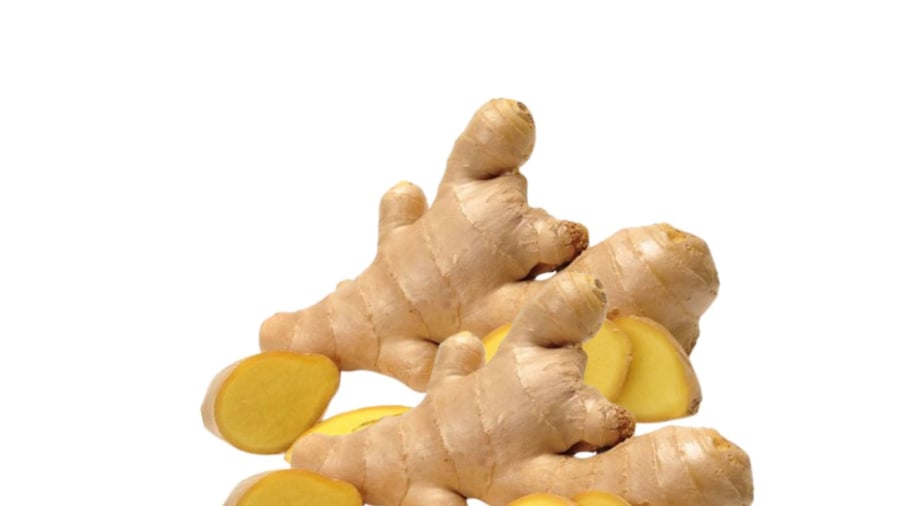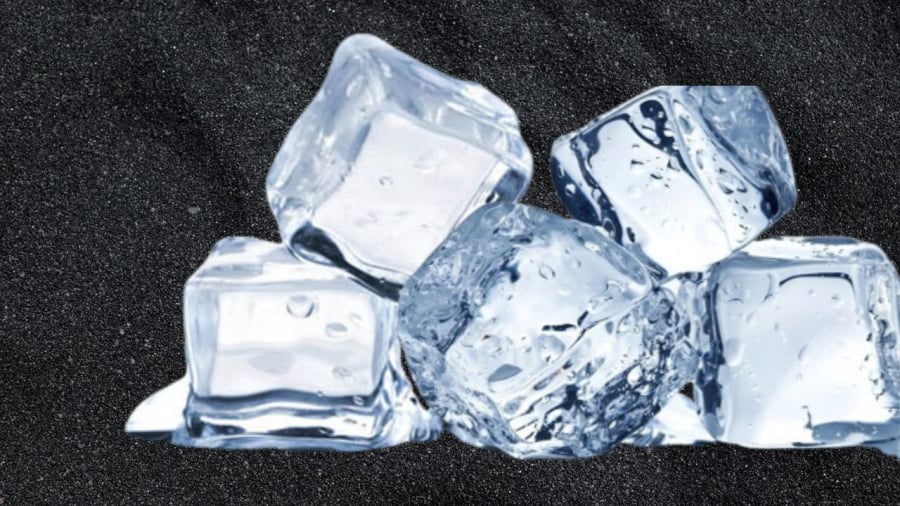Insomnia: A Calming Approach to Finding Rest
Insomnia is a condition where the body struggles to fall asleep, resulting in fatigue and stress that can lead to severe health issues if left untreated. While there are herbal remedies, supplements, and medications available, stronger options often come with more significant side effects, so expert advice is crucial.
If you occasionally experience insomnia or have difficulty falling asleep, try these time-honored tips:

1. Fresh Ginger Root
Ginger is a popular spice and a prominent herb in traditional Eastern medicine. It has a calming effect on the nervous system, improving blood flow and reducing stress. The aroma of ginger can be soothing and promote sleep. Additionally, improved blood circulation contributes to a more restful slumber.
Our feet are often referred to as the ‘second brain’ of the human body. Applying gentle pressure to the liver area of the sole can enhance sleep quality. A folk remedy involves rubbing sliced fresh ginger on the soles of the feet before bed or extracting ginger juice and applying it topically. This method, combined with a foot massage, induces relaxation and drowsiness.
2. Cold Stone Therapy
Cold stones, typically used in beverages, can be applied to the ‘Shen Men’ or ‘Feng Fu’ acupressure points. A unique folk remedy involves placing a cold stone at the ‘Feng Fu’ point, located at the base of the skull, which helps relax the body and induce sleep. Place a cold stone at this point to help the body unwind and prepare for sleep.
Cover the neck with a cloth and position the cold stone over the ‘Feng Fu’ point. Avoid prolonged cold stone application, limiting it to around 20 minutes, and perform this technique neither on a full nor empty stomach.

However, pregnant women and individuals with severe cardiovascular conditions should refrain from using this method. Combining a warm ginger foot bath with a foot massage and subsequent cold stone application at the base of the neck can be beneficial.
Additionally, creating a conducive sleep environment is essential: dim lighting, a quiet and well-ventilated space, and a cool temperature. Avoid eating close to bedtime and refrain from strenuous exercise before sleeping.






























